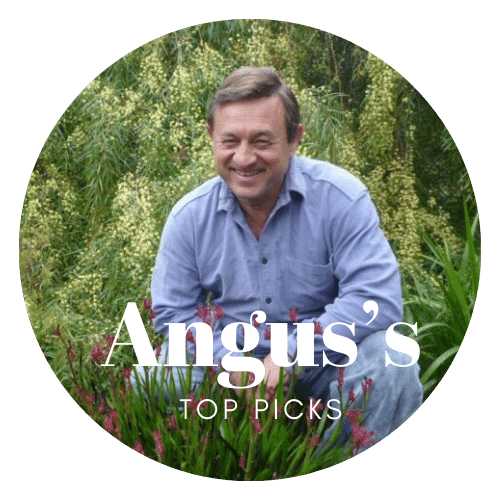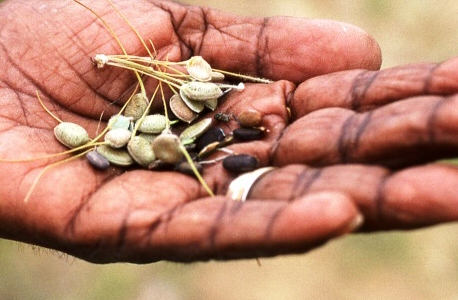A widespread aquatic fern, growing often in inland areas and appearing prolifically after floods. Leaves look somewhat like a four leaf clover, with two pairs of leaflets. Grows in water up to one metre deep, growing from a creeping rhizome and reproducing through sporocarps. Great as a plant for the garden pond, it is an attractive aquatic species.
These sporocarps are used as a food by Aborigines, first treated to remove poisonous compounds and then ground and used for dough. It can be toxic to both animals and humans if not prepared properly. Sporocarps are eaten by birds though, including waterfowl, and the plant is spread in this way, among others.
Attracts frogs to the garden, as it provides ideal breeding habitat, as long as no pesticides are used in the water. Propagate by dividing plant root ball.
Picture provided by Philip Clarke, from his new book Discovering Aboriginal Plant Use: Journeys of an Australian Anthropologist

